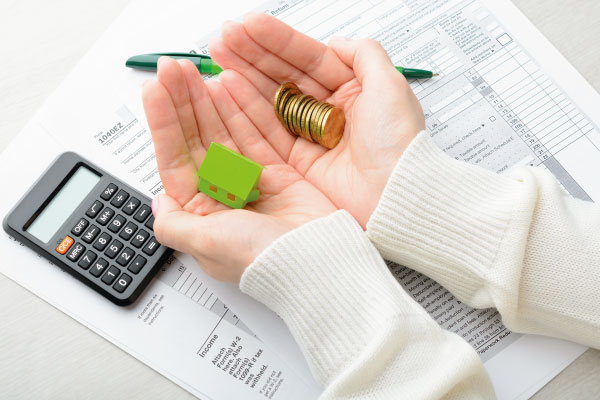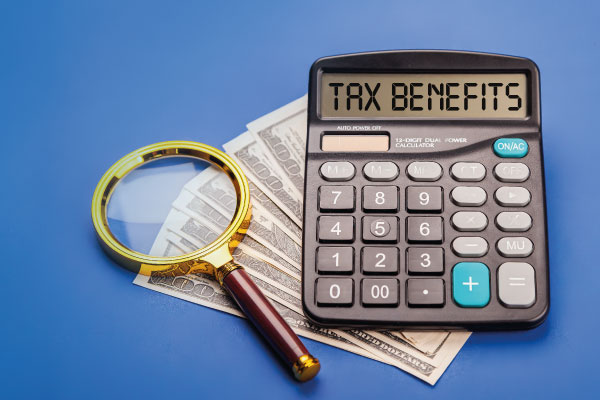5 Tips To Reduce Your Mortgage Payment
A mortgage payment is often the biggest monthly expense. For this reason, it is often a good idea to keep this cost as manageable as possible.
When applying for a mortgage it is important to remember that there are more monthly expenses than just the loan itself. There are a total of five key factors: PITIA (Principal, Interest, Taxes, Insurance, and Association Dues).
There are also other costs to owning a home such as repairs and maintenance which should be taken into consideration.
How To Lower Your Mortgage Payments For Purchases
1. Reduce Your Purchase Price
This is the obvious solution. Reducing your purchase price will inherently lower your monthly mortgage payment. A lower purchase price results in both a lower loan amount and lower property taxes obligation.
YOU MIGHT LIKE: The 10 Most Popular Homes of the Year So Far
A lower purchase price results in both a lower loan amount and lower property taxes obligation.
2. Put More Money Down
This is the next most simple solution. Putting more money down directly lowers your loan amount which in turn lowers your monthly principal and interest payment. In other words, the more money you can put down, the lower your monthly payment will be. At an interest rate of 7%, each $100K down adds $665 a month to your monthly mortgage payment.
3. Buy Down The Interest Rate
Putting down an extra $100K is simply not an option for everyone. Another way you can decrease your monthly payment is by buying down the interest rate. Paying points will reduce your interest rate in turn reducing your monthly payments
Utilize unique programs.
ARM’s – These offer a teaser rate that is lower than a traditional fixed option
Temporary Rate Buydowns – These artificially lower your interest rate for the first couple of years
DG PINNACLE RECOMMENDS: MythBusters for First-Time Homebuyer
Talk to your tax preparer about how much mortgage interest is deductible.
3. Mortgage Insurance Deduction
If a down payment of less than 20% is made when the home was purchased, the owner will most likely be paying private mortgage insurance (PMI), but the good news is this is also deductible. Be sure to let your tax preparer know about any upfront mortgage premiums you paid at closing so they can include these in your deductions as well.
4. Home Office or Business Use of Home Deduction
If a portion of the home is used exclusively for business, the owner can deduct a portion of those costs come tax season. As always there are caveats, talk to your tax preparer.
KEEP READING: 5 Benefits of Buying a Home
If a portion of the home is used exclusively for business, the owner can deduct a portion of those costs come tax season.
5. Property Tax Deduction
When a homeowner pays property taxes, they can deduct the full amount paid each year. This includes state and local taxes. As with the other deductions listed here, the homeowner may be limited to what they can deduct based on their specific tax bracket.
6. Necessary Home Improvements
While the definition of “necessary” can be loosely determined, it is somewhat limited for tax purposes. For example, an upgrade of a kitchen that is already fully functioning probably won’t count, but upgrades/renovations for medical purposes (medical equipment or widening doorways for ADA compatibility) will usually be deductible.
YOU MIGHT LIKE: Cash-Out Refinance on Your Home Equity Appreciation
When a homeowner pays property taxes, they can deduct the full amount paid each year.
7. Capital Gains
Capital gains are the profit received from selling a home. Normally, the owner will have to pay taxes on these profits, but under certain circumstances, there could be a tax break. Specifically, If the home was used as a primary residence for two of the last five years, the homeowner could keep some profits without any tax obligation. As a married couple filing jointly, they can keep up to $500,000 in capital gains. As a single filer or married couple filing separately, each party can keep up to $250,000 of capital gains without a tax obligation.
Bottom Line
This blog is for educational purposes, so please check with your tax preparer for what deductions you qualify for.
If you have any questions about getting pre-approved to purchase a home feel free to contact us or talk directly to one of our loan officers will assist you.
This article was originally published by Anthony Duval in www.bluefiremortgage.com








